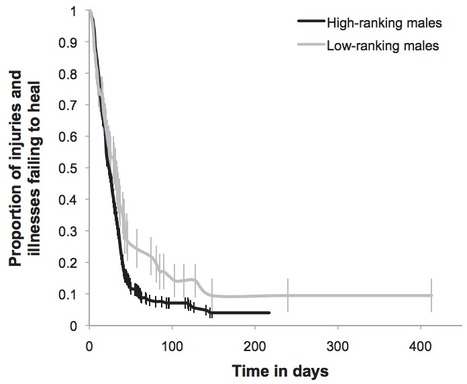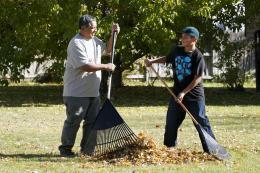You wouldn’t think how people perceive you could directly affect your health, would you? Luckily, science is here to save the day and to tell you, you’re wrong. A pair of papers published in PNAS in the last month have investigated the interaction between social status and health, and the findings compliment each other rather nicely.
Research and publish the best content.
Get Started for FREE
Sign up with Facebook Sign up with X
I don't have a Facebook or a X account
Already have an account: Login

 Your new post is loading... Your new post is loading...
 Your new post is loading... Your new post is loading...
|
|




























